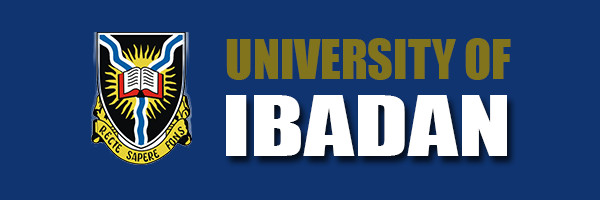UI Mail | Transcript | LMS | Research | Journals | Reports and Statistics | UI NELFUND Support
HOME
The Health Policy Training and Research Programme was established in 1986 as the Heath Policy Development and Analysis Group at the instance of the International Health Policy Programme, an activity of the Pew Charitable Trust, the World Bank and the World Health Organization, founded to build health policy analysis capacity in developing countries of Latin America, Africa and Asia. The Nigerian group was one of the many in a number of African countries like Ghana, Uganda, Kenya, Tanzania, and Burundi. The group’s research is mainly policy-focused and multi-disciplinary drawing support from other social sciences like sociology and political science. Since establishment, the programme has received grants from the Carnegie Corporation of New York (and administered by the International Health Policy Program, Washington, DC) since 1986 to study such issues as Health Care Provider Choice in Nigeria, Resource Allocation Issues in Nigeria’s Health Care Delivery, Health Care Expenditure and Financing in Nigeria’s Public Sector; and Improving the Data Base for National Health Accounts Estimation in Nigeria. The programme also received a grant from the World Health Organization to study the effectsof fiscal decentralization on primary health care delivery in Nigeria. It is also involved in short-term training and capacity development for the Health Sector of Nigeria. Under the auspices of the programme, a course in Health Economics at the Master’s level is taught to economics and nursing students.
The strength of the programme is that it is involved in networking with other programmes, institutions, agencies and organizations in health policy research and training. Among such institutions and agencies are the Nigerian Institute of Social and Economic Research (NISER), Ibadan; the Development Policy Centre (DPC), Ibadan; Centre for Reproductive Health, Aromatherapy and Development, Ibadan; the Federal Office of Statistics(FOS), Federal and State Ministries of Health; and the International Management and Health Consultants, Ilorin. In cooperation with the DPC and FOS, it estimated Household Health Expenditure in Benue State of Nigeria with a grant from the United Kingdom Department for International Development (DFID) in 2002. It has also developed a zonal framework for the estimation of Nigeria’s NHA using Sub-National Health Accounts (SHNA) generated from states and the six geo-political zones of Nigeria.
The members of the programme are drawn from the Department of Economics, University of Ibadan, and the collaborating/networking institutions. Individually, members have received grants and consulted for different international agencies. For, example Professor Soyibo who is the current and third Coordinator/Programme Director has received grants and/or consulted for such other organizations like the World Bank, the International Monetary Fund, the Overseas Development Institute, the International Labour Organization, the African Development Bank, the United Nations Economic Commission for Africa, the World Health Organization, the African Economic Research Consortium, the Rockefeller and Ford Foundations as well as the DFID. He studied the Status of Post-Conflict Health Care Delivery in West Africa using a grant from the MacArthur Foundation 23rd Round of the Competition in the Global Study of Sustainability and DevelopmentIssues. The result of this study has been published as a book with the title Health Care Delivery under Conflict: How Prepared is West Africa? (Ibadan: University Press Plc).
It estimated the National Health of Accounts of Nigeria, 1998-2002 and it is involved in the study of Health Care Financing in a number of states in Nigeria. The former was financed by a number of agencies, with the WHO, providing the completion grant. It is also involved in the estimation of sub-National Health Accounts at the state level. In this connection, some preliminary results are available for 17 States of Nigeria.
